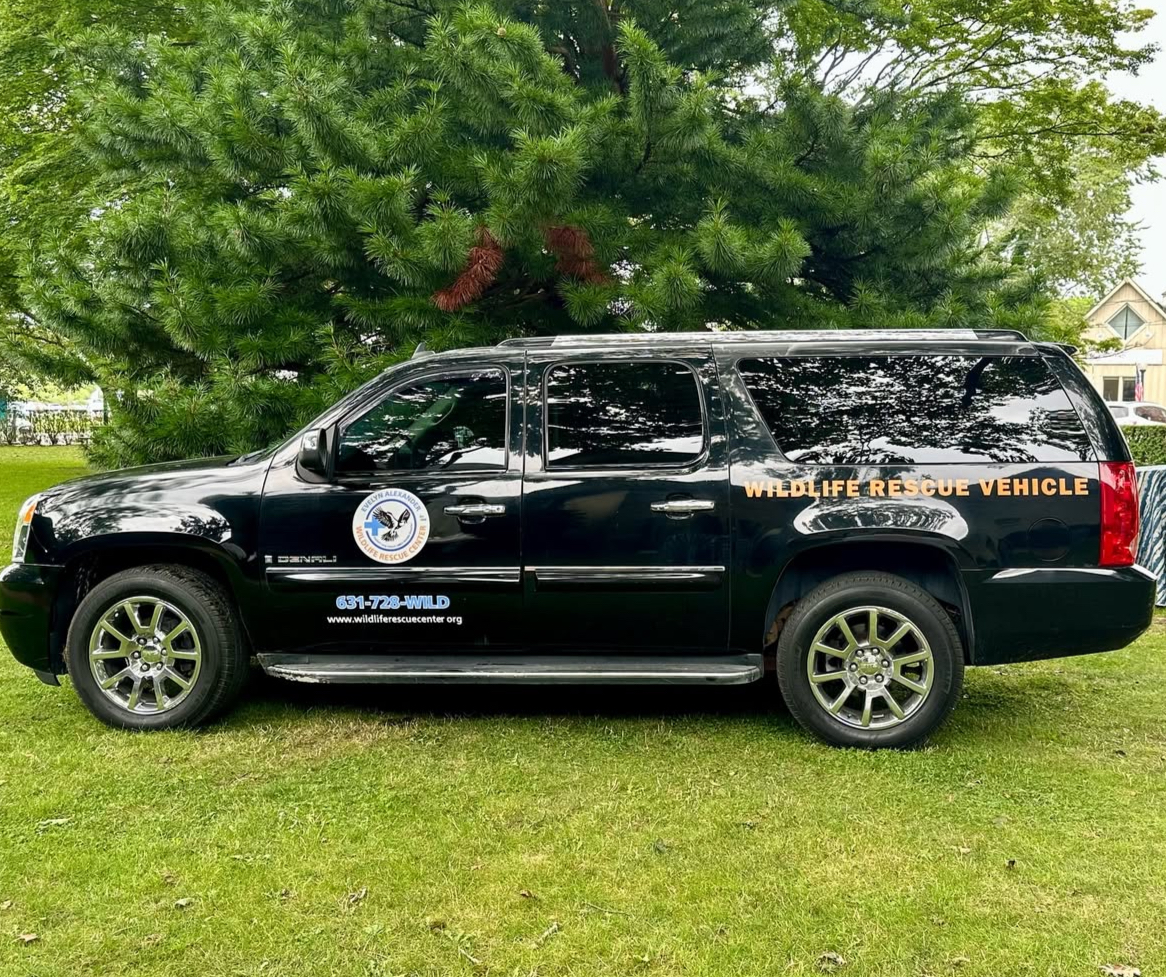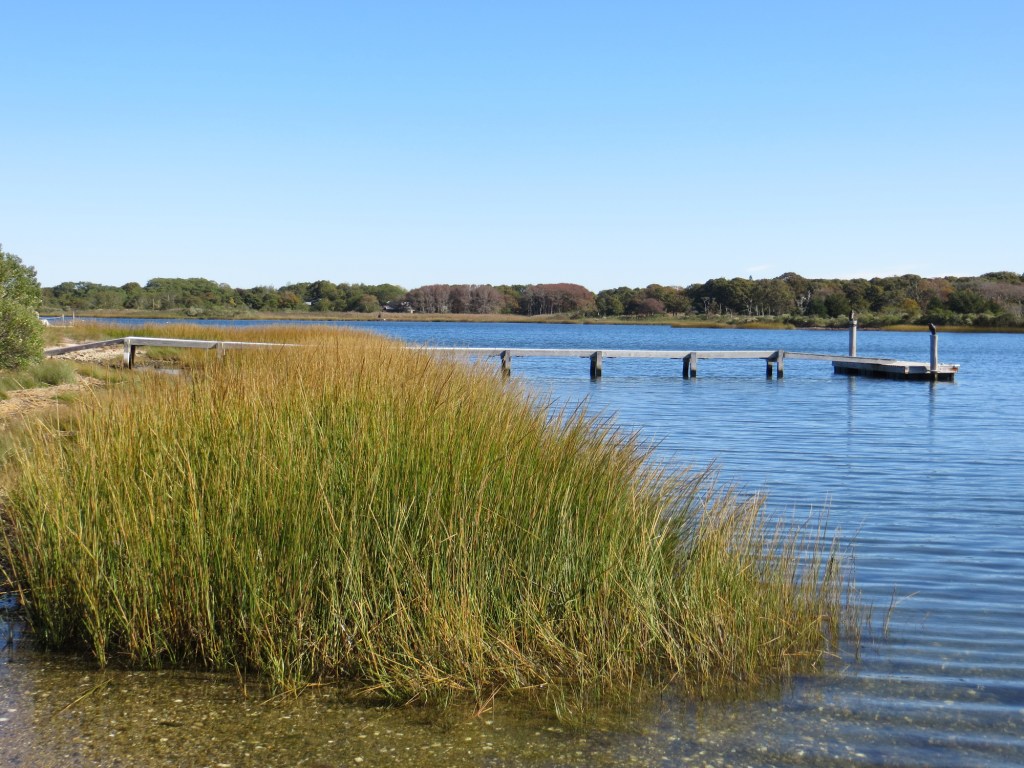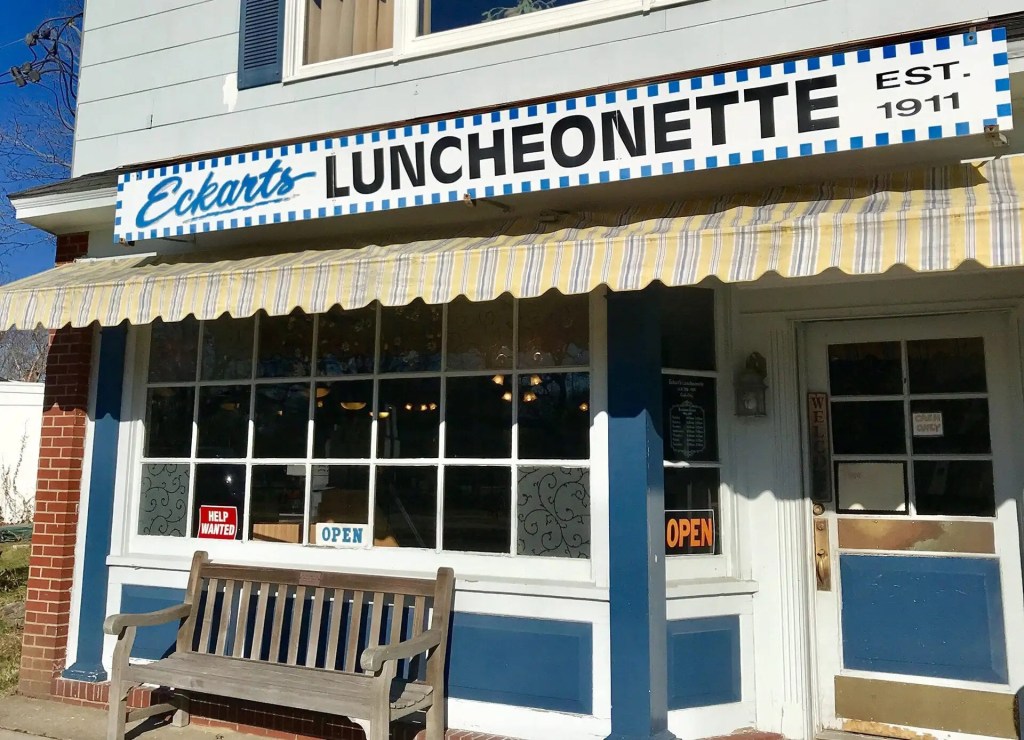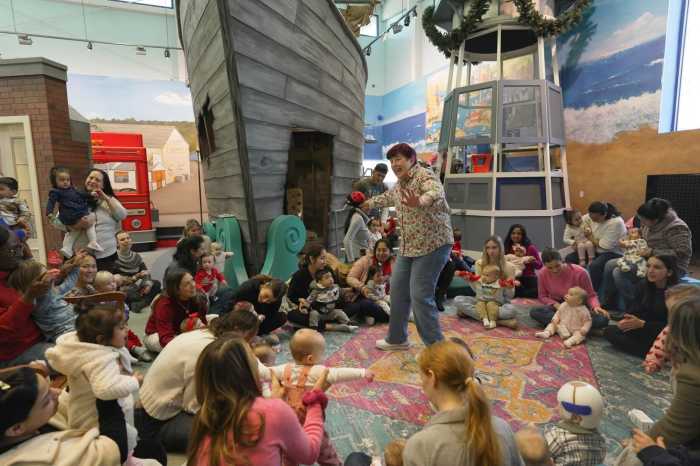New Evelyn Alexander Wildlife Rescue Van Hits the Road

The Evelyn Alexander Wildlife Rescue Center (EAWRC) has always relied on determination, compassion, and community support to save Long Island’s injured and orphaned wildlife. Now, thanks to a generous donation, the team has a new tool that makes their mission even safer and more efficient: a dedicated rescue van.
Ryan Gilmartin, Animal Care Assistant and Triage Center Staff Member, explains, “The idea of a dedicated rescue vehicle had been discussed for quite some time. The original plan was to get a decommissioned ambulance, but this new van is much easier to get around, especially when navigating woods and driveways.”
The vehicle, a GMC Yukon XL, was generously donated by a neighbor of Kathleen Mulcahy, Executive Director of the EAWRC. Soon after, Fisher’s Sign Company provided the logos and design at a discounted rate, thanks to the support of previous board member Ron Fisher.
With its spacious design, the van can hold numerous animal containers, supplies, and even laundry. “In a standard tote container, as many as eight animals can be transported safely, with even more accommodated if smaller containers are used,” Gilmartin continues. Larger animals, such as deer, can also be transported, making the vehicle a crucial addition to the EAWRC’s work. A divider between the front and back will be installed both to ensure handler safety and to create a quieter, calmer environment for recovering wildlife.
“The decals have been a huge advantage,” Gilmartin notes, “when I was using my personal vehicle, people often didn’t understand what was happening or got in the way. Now, the van clearly identifies our mission, and people approach to ask questions and learn more about the EAWRC.”
Amber safety lights are also being added to improve roadside rescues. “It will make me much more visible when I’m pulled over helping an animal, which means a safer situation for both me and the animal,” Gilmartin explains.
Transporting animals requires a careful balance between safety and minimizing stress, and animals must be securely enclosed in containers with ventilation holes, but solid, non-transparent walls are preferred to reduce visual stimulation.
“Noise and smells also matter,” Gilmartin states, “there shouldn’t be music or podcasts, and conversation should be kept minimal and quiet. Strong scents, like car air fresheners, can be distressing, and dogs or other pets must never be present since their predatory scent can cause panic.”
Temperature control is another critical factor. The vehicle should remain at room temperature, though infants and neonates may require additional heat provided by a warming pad. However, it is equally important to avoid overheating or chilling the animals.
Gilmartin emphasizes why these precautions are so important, “Stress cardiomyopathy is a real risk. It’s when the heart struggles to pump blood properly under extreme stress, and it can lead to heart failure. Fawns and rabbits are especially prone to it, but it can affect any animal. We can’t avoid stress entirely, but we try to reduce it as much as possible.”
Ultimately, Gilmartin adds one of the most important rules is simply to drive carefully, and “take it easy while driving. Their lives depend on it.”
Director Mulcahy expressed gratitude for the community’s role in making the rescue van possible. “The generosity of our community is always overwhelmingly wonderful. For someone to donate the van, and for Ron to provide so much of the signage, it’s incredible. Donations like this are what keep us going,” she states, “having a safe and reliable way to transport animals will make such a difference.”
With the new van now in use, the EAWRC can more safely and efficiently respond to the hundreds of animals that need help across eastern Long Island, bringing them one step closer to recovery and release.
The Evelyn Alexander Wildlife Rescue Center is located at 228 West Montauk Highway, Hampton Bays. It can be reached at 631-728-4200, and animal emergencies can be reported at 631-728-WILD (9453). The center is open 9 a.m.–5 p.m. seven days a week. Visit wildliferescuecenter.org for more information.









